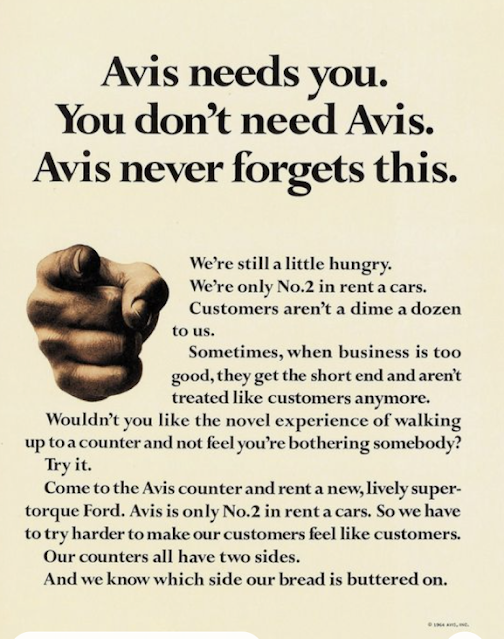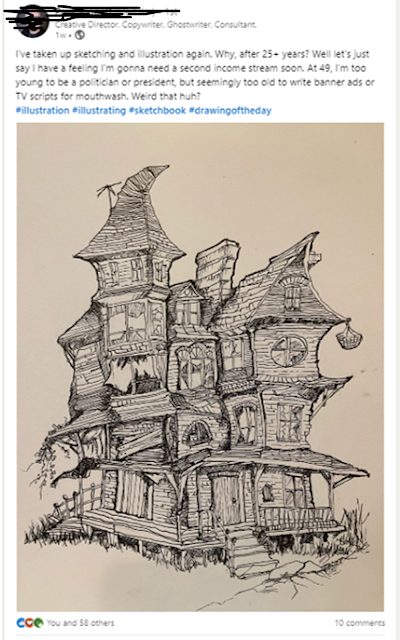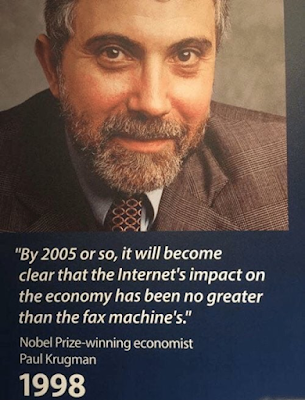Here's an exercise that will serve you well.
Take the classic ad below and change out "Avis" for your name or your company's name.
Where it refers to "rent a cars", change it to your primary product/service (copywriting, marketing, content writing, advertising, whatever).
Customize the rest of the copy to your business (e.g., "lively, super-torque Ford" to "engaging website copy").
In other words, steal this brilliant ad and change it to fit your business.
Don't publish it. Print it out and tape it to your wall.
Read it before, during, and after client calls.
And do the level of work that makes your client need you.
You don't need Avis.
Avis never forgets this.
And we know which side our bread is buttered on.









